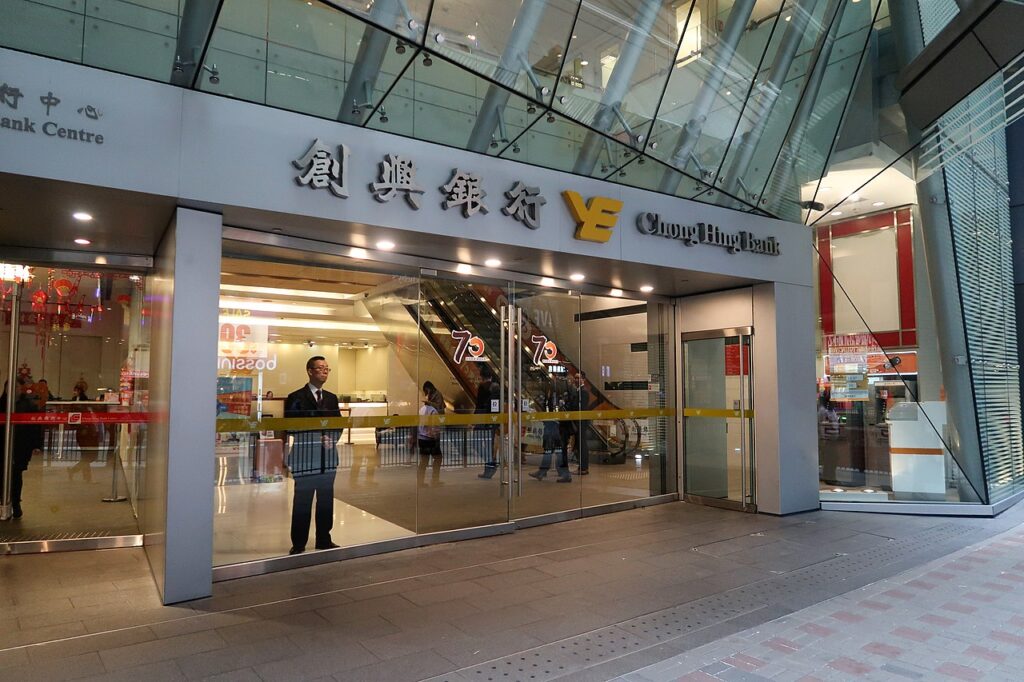
Redefining Finance for Good: HK’s Chong Hing Bank Sees Digital Shift for Older Customers
by Fintech News Hong Kong October 16, 2020Around the world, the COVID-19 crisis has forced banks and their customers to turn to digital tools and processes to compensate for branch and office closures. Many industry participants believe that the digital acceleration taking place today will have a permanent effect on the sector.
In partnership with Finastra, Fintech News is running a series of interviews with the industry’s top banking voices to understand how their organizations have responded to these changes.
As part of the “Redefining Finance for Good” series, we spoke to Arthur Wong, CIO of Chong Hing Bank, a Hong Kong bank founded in 1948, which provides commercial banking and financial services to individual and corporate customers. Wong shared how COVID-19 has impacted Chong Hing Bank, how the bank has responded to the pandemic, and how the banking sector will look like in a post-COVID-19 world.
Accelerated digital adoption
COVID-19 has been a catalyst for change in the banking sector, with the industry having to respond, recover, and adapt to a new reality. For Hong Kong’s Chong Hing Bank, though the shift from traditional physical channels to online digital channels had been apparent throughout the years, COVID-19 has acceleration that transition.
Amid COVID-19 restrictions, Wong said the bank has seen a significant drop in the number of visitors to its physical branches, a decrease that has been compensated by online activities.

Image Credit: Wikimedia Commons
“For our bank, which most of [the] customers are generally more mature and conservative, we have recorded a 20% to 50% growth in digital adoption,” Wong told Fintech News. “Some other digital banks with younger customer profiles, a growth rate of 100% or more in digital adoption is not uncommon.”
For Wong, COVID-19 has changed people’s perception of how business should be conducted, proving that banking transactions could be done safely and efficiently via remote technology. These changes, he said, “are sustainable and will last forever.”
“The pandemic raises the importance of digital transformation to another level. Digital transformation is not only to drive profit and innovation but also survival and sustainability. Elements like mobility and agility will enjoy much higher priorities in our IT strategy than before.”
New entrants put pressure on incumbents
The pandemic has forced innovation and digital transformation amongst Hong Kong’s banks, Wong said. Moving forward, banks and financial services providers must ensure that their systems and products can support both offline and online transactions effectively in order to maintain their competitiveness, he said.
The urgency to rethink and change operating models is even more pressing as Hong Kong is stepping into the era of “Smart Banking.” Last year, eight institutions were granted virtual banking licenses, and so far, four five launched operations: ZA Bank, Airstar Bank, WeLab Bank, Livi Bank, and Mox Bank.
Ping An OneConnect Bank has so far announced the launch of pilot virtual banking services, while Ant Bank and Fusion Bank are reportedly still conducting trial runs.

These new, tech-driven entrants will put pressure on incumbents to innovate faster by providing a more sophisticated and personalized experience to customers, KPMG said in its Hong Kong Banking Report 2020 released in June.
“The launch of virtual banks, increasing competition from technology companies and developments like 5G will really accelerate the digitalization of banking, especially with the younger generation more willing to conduct banking digitally rather than in person, at least for smaller and more simple transactions,” said Terence Fong, head of Chinese Banks for Hong Kong at KPMG China.
This is part of our ongoing series of Redefining Finance for Good in partnership with Finastra, check out our other interviews with the industry’s top voices:
- Redefining Finance for Good: How DBS Responded to the Pandemic with Jeremy Soo, Head of Consumer Banking at DBS Bank
- Redefining Finance for Good: How the Pandemic Fast Tracked CIMB’s Digital Initiatives, with Samir Gupta, CEO of Group Consumer Banking at CIMB Group
- Redefining Finance For Good: Serving Asia’s 1 Billion Unbanked, with Wissam Khoury, Head of International, Finastra
- Redefining Finance for Good: Indonesia’s Largest Bank Reflects on the Future of Banking with Rico Usthavia Frans, IT and Operations Director at Bank Mandiri






